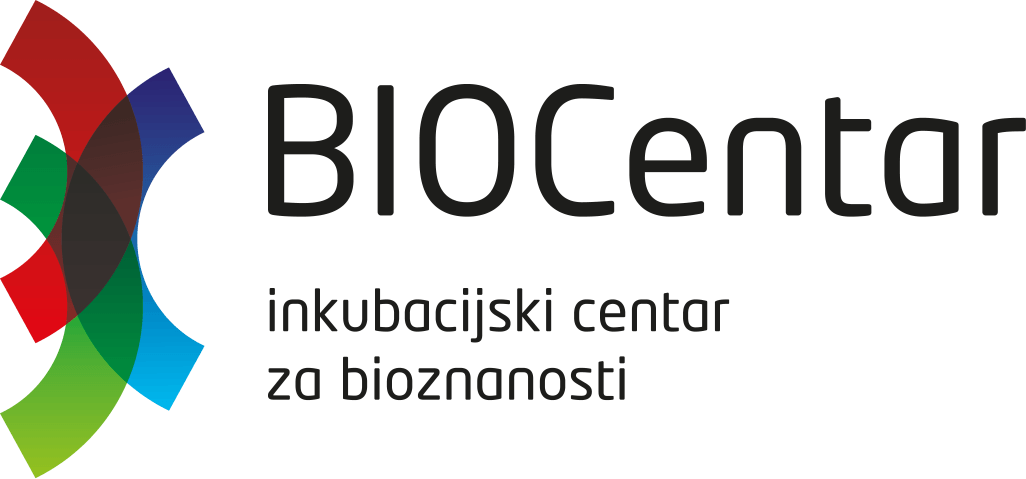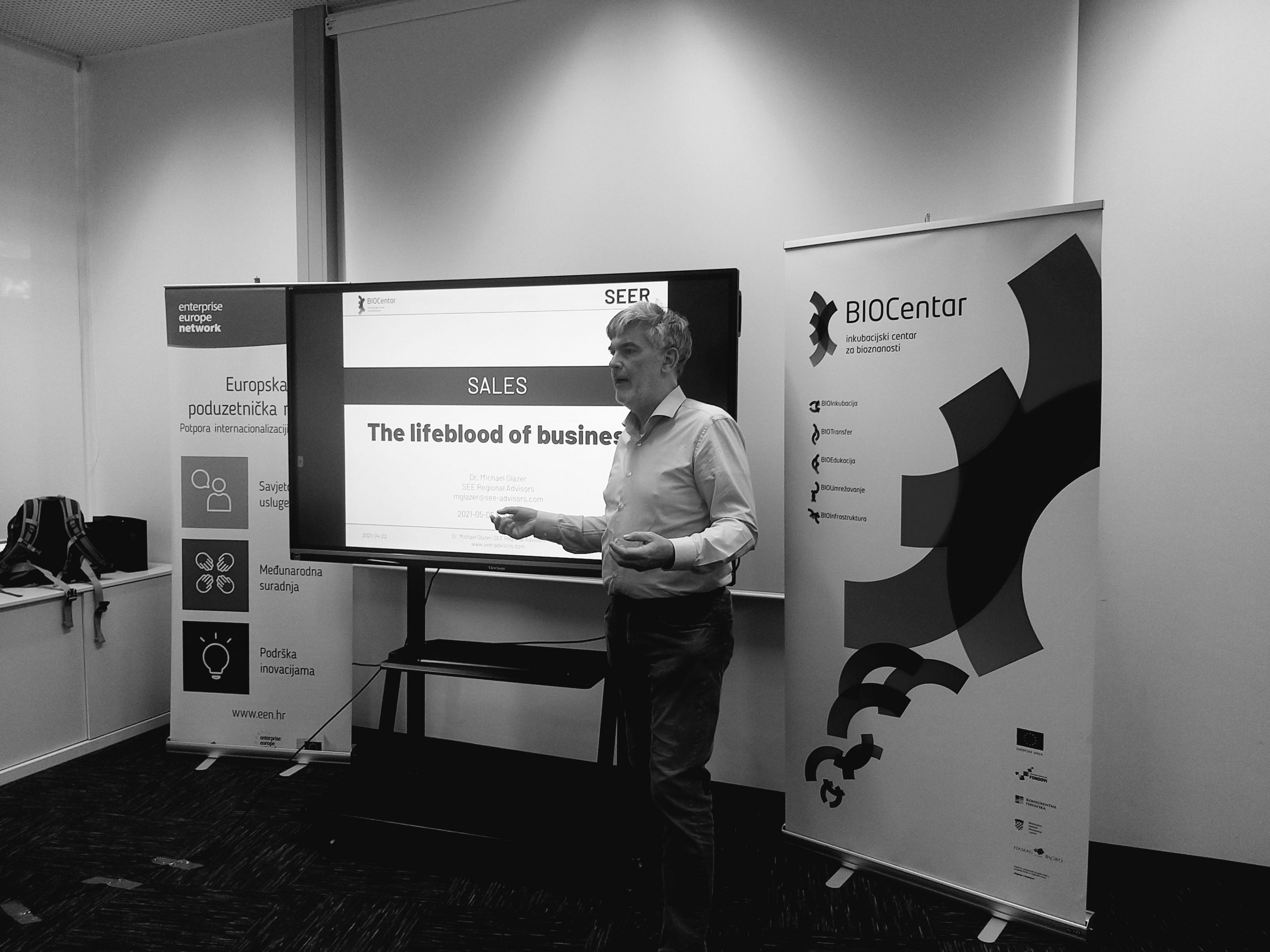Series 1. Entrepreneurship for Scientists and Engineer: The Fundamentals I
On the first day of Dr. Glazer’s six-day workshop/lecture series (delivered in two-day sets), he introduced entrepreneurial scientists and engineers to the essential elements of transforming an innovative idea into a successful business. He started by exploring the various motivations that stimulate scientists and engineers to become entrepreneurs and then focused on what commercialization means and doesn’t mean in practice with an emphasis on commercialization of scientific and engineering ideas. Dr. Glazer emphasized that the quality and novelty of an idea, while important, is only the first step in a long and challenging process of not just developing a product that the market wants, but also selling it. He identified a number of the many issues, not just product research and development, but also legal, financial, tax, accounting, marketing, HR and others, that have to be addressed for even the best product to succeed in the market. He identified as well the key characteristics of successful entrepreneurs, including a tolerance for uncertainty, risk and failure, and the characteristics of successful products, e.g., scalability.
During the second day of Dr. Glazer’s first set of workshops/lectures, he focused on Marketing, a discipline that he chose to introduce early because it is one with which scientists and engineers are usually unfamiliar and one that they incorrectly tend to dismiss as far less important than their technical ideas and expertise. He used his discussion of Marketing to describe and exploring the large cultural and intellectual differences between academia and business, differences that to be successful scientist/engineer entrepreneurs must confront and bridge. Among other topics, he specifically addressed why Marketing is essential to the commercialization of a product, the distinction between Marketing and Sales, the links between Marketing and product development, fund raising and other key aspects of startup success. He also presented and analyzed a number of concrete marketing techniques.
Series 2. Entrepreneurship for Scientists and Engineers: The Fundamentals II
Dr. Glazer began his second set of workshops/lectures by discussing Sales, again as a way of impressing entrepreneurial scientists and engineers with the need that their businesses will have for skills often absent in, and even distasteful to academics. He explained the importance of Sales to business success, described the Sales process and pointed out the links, and differences, between Sales, business development, product development and Marketing. He introduced and explained Sales jargon, analyzed the components of a good Sales team and provided his thoughts on how startups should deal with the Sales activity in the various phases of their development.
On the second day of his second set of workshops/lectures (the fourth day in the series), Dr. Glazer presented the stages of startup development and the sources of funding available and appropriate to each stage. He examined the issues that each startup stage faces and the goals a startup must achieve to attract further financing. He provided a typology and characterization of the investors appropriate to each such stage. He continued by presented various methods of valuing companies and comparing investment opportunities, examined the strengths and weaknesses of each of these methods and described how investors use them to decide what startups to invest in and at what valuations as well as to determine exit prices.
Series 3. Topics in Entrepreneurship COVID-19: Problems and Opportunities in Times of Crisis
In his fifth day of lectures (day one of the third set), Dr. Glazer addressed a topic of great contemporary interest, the COVID-19 pandemic and responses to it. He described and analyzed the pandemics’ damaging and beneficial effects, the consequences of the pandemic for firms in various sectors, the reactions of firms and entrepreneurs to the pandemic, the history of crises as stimulators of innovation and some of the innovations that the COVID-19 pandemic has produced. He commenced an introduction of the concept of business pain points and how entrepreneurs can identify and profit from them. Scientist-entrepreneur Marko Vinceković, economist-entrepreneur Velimir Šonje and pilot-entrepreneur Tero Taskila enriched the discussion by describing how the COVID-19 pandemic affected their and other businesses and how their businesses coped with the pandemic’s challenges.
In his sixth day of lectures (the second day of the third set), Dr. Glazer completed his presentation of business pain points and their significance to entrepreneurs. He used the background of the COVID-19 pandemic and the description and analysis of it and its effects that he provided the preceding day to motivate a presentation of the theory of business uncertainty. He then linked this theory to the surprises that entrepreneurs inevitably encounter and the changes that they must continually make. The day’s discussion was again enriched by the participation of other experts. Data scientist-entrepreneur Marko Rakar described the early days of the pandemic and his contributions to the assessments of its consequences that were then being undertaken. He also discussed the impact of the pandemic on his business and on a variety of businesses and business sectors including tourism and travel. Tero Taskila once again contributed, this time an overview of the theory and practice of innovation, and business policy expert and governmental advisor Wade Channell examined the consequences of the pandemic on innovation, gender equity and other drivers of firm profitability.
This six-day series of lectures was held with the support of the Croatian Agency for Small Business, Innovation and Investment, the European Entrepreneurship Network, the technology partner Storm Informatika and the Avaya Spaces platform.




